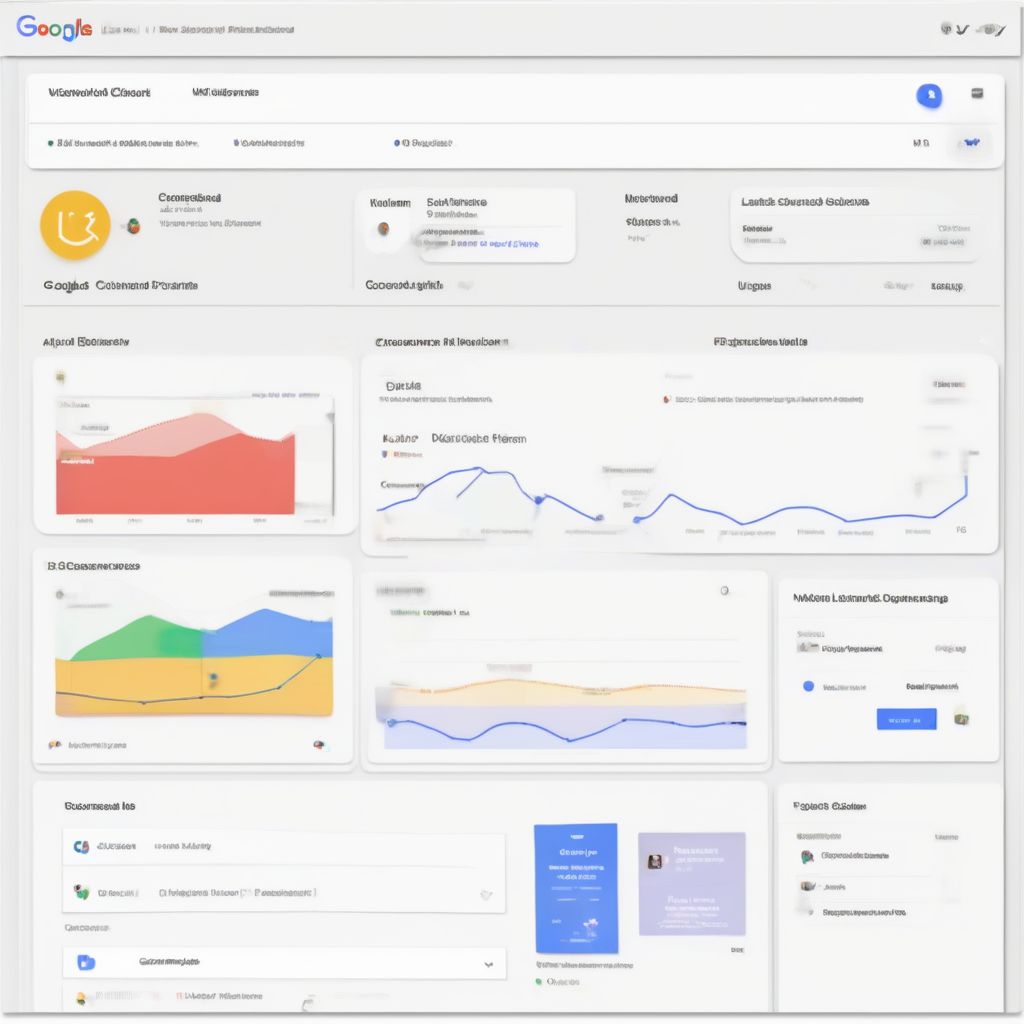Imagine you’re building a magnificent skyscraper. You wouldn’t just start piling bricks without a solid foundation, would you? Similarly, in app development, choosing the right database is crucial for stability, scalability, and efficiency.
When it comes to building apps on the powerful Firebase platform, developers often find themselves at a crossroads: Cloud Firestore or Realtime Database? Both offer compelling features for storing and syncing data in real time, but understanding their nuances is key to making the right choice. This article delves deep into the Cloud Firestore vs. Realtime Database debate, equipping you with the knowledge to make an informed decision for your next project.
cloud.mualaptophanoi.com/wp-content/uploads/2024/07/firestore-vs-realtime-database-66a9ba.jpg" alt="Firestore vs. Realtime Database" width="1024" height="1024">Firestore vs. Realtime Database
Cloud Firestore: The Scalable and Feature-Rich Option
What is Cloud Firestore?
Cloud Firestore is a NoSQL document database that allows you to store data in documents organized into collections. Imagine it as a highly organized filing cabinet, where each drawer is a collection and each file within is a document containing your data.
Key Features of Cloud Firestore:
- Flexible and Scalable: Designed to handle massive datasets and millions of concurrent users without breaking a sweat.
- Rich Queries: Perform complex queries to retrieve specific data efficiently, thanks to its powerful querying capabilities.
- Offline Support: Enables users to interact with your app even when offline, syncing changes seamlessly when connectivity is restored.
Why Choose Cloud Firestore?
Cloud Firestore shines in scenarios where scalability, complex queries, and offline functionality are paramount. Consider it if your app involves:
- Large Datasets: E-commerce platforms with extensive product catalogs, social networks with massive user bases, etc.
- Real-time Collaboration: Collaborative apps like Google Docs, where multiple users interact with data concurrently.
- Offline Functionality: Apps that need to function seamlessly in areas with limited or intermittent connectivity.
Realtime Database: The Agile and Lightweight Contender
What is Realtime Database?
Realtime Database is a NoSQL database that stores data in a single JSON tree. Think of it as a giant whiteboard where everyone can see and update information instantly.
Key Features of Realtime Database:
- Real-time Synchronization: Data updates are reflected instantly across all connected clients, making it ideal for collaborative features like chat applications.
- Ease of Use: Its simple JSON structure and intuitive API make it beginner-friendly and quick to implement.
- Cost-Effective: A more budget-friendly option, particularly for smaller projects or those with limited data storage needs.
Why Choose Realtime Database?
Realtime Database excels in scenarios where real-time synchronization and ease of use are crucial. It’s a great fit for apps that require:
- Live Chat: Instant messaging applications, chatrooms, and real-time collaboration tools.
- Simple Data Structures: Applications with straightforward data models, such as a to-do list or a basic chat application.
- Budget-Conscious Development: Projects with limited resources or where cost-effectiveness is a primary concern.
Head-to-Head: Cloud Firestore vs. Realtime Database
While we’ve explored their individual strengths, let’s break down the key differences:
| Feature | Cloud Firestore | Realtime Database |
|---|---|---|
| Data Model | Documents and Collections | JSON Tree |
| Scalability | Highly Scalable | Limited Scalability |
| Queries | Rich and Complex | Basic |
| Offline Support | Yes | Limited |
| Pricing | Pay-as-you-go | Tiered and Pay-as-you-go |
Making the Choice: Which Firebase Database is Right for You?
The choice between Cloud Firestore and Realtime Database ultimately boils down to your specific project requirements:
- Choose Cloud Firestore if: You need scalability, complex queries, offline support, and structured data.
- Choose Realtime Database if: You need real-time synchronization, simplicity, a cost-effective solution, and a basic data structure.
Beyond the Database: Building Powerful Applications with Firebase
Choosing the right database is a crucial step, but remember that Firebase offers a comprehensive suite of tools beyond just data storage. From authentication and cloud functions to machine learning and analytics, Firebase empowers you to build, deploy, and scale your app with confidence.
As you embark on your development journey, carefully consider your app’s needs, weigh the pros and cons of each database, and leverage the power of Firebase to bring your vision to life.
What are your thoughts on Cloud Firestore and Realtime Database? Share your experiences and questions in the comments below!

